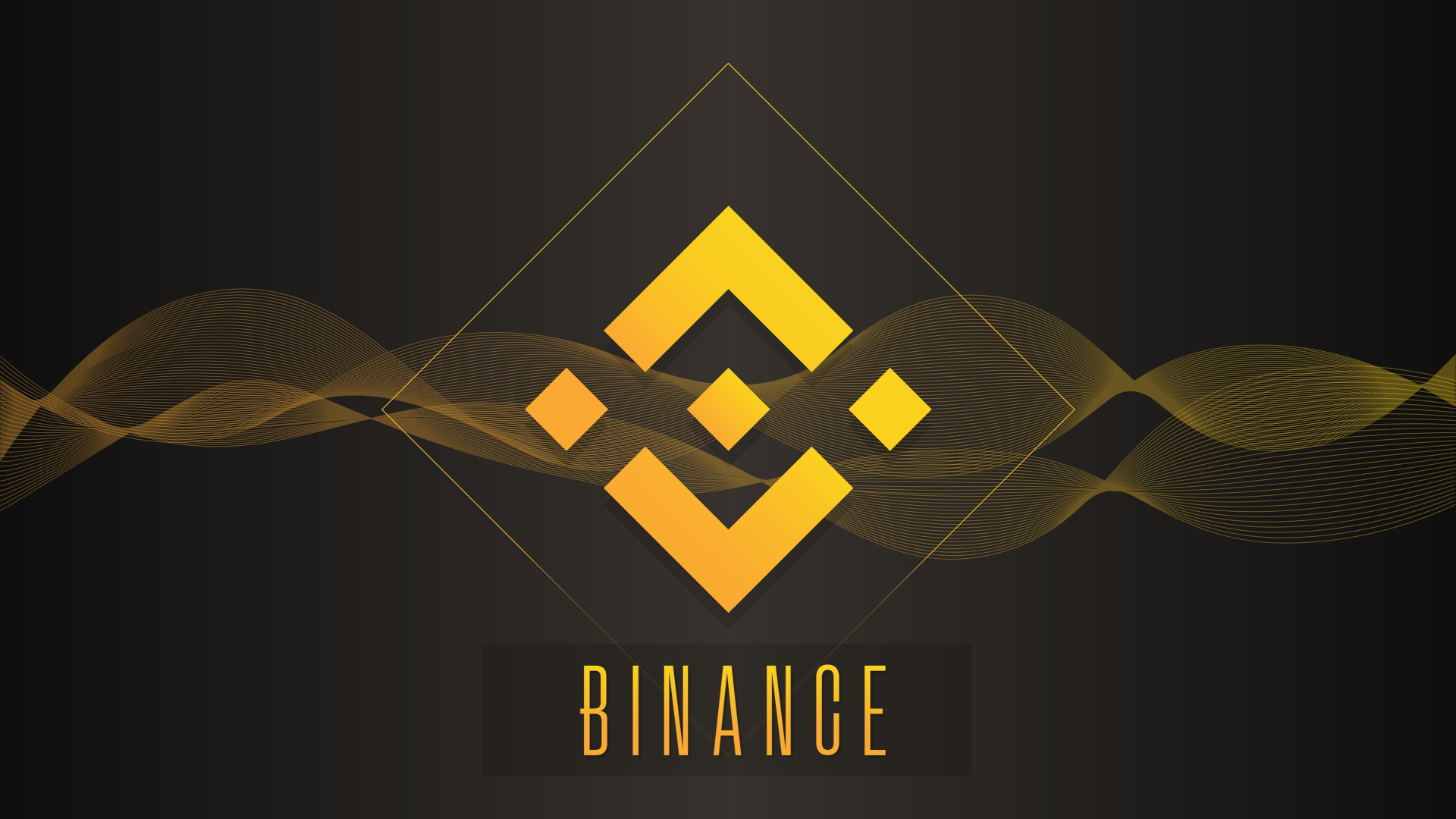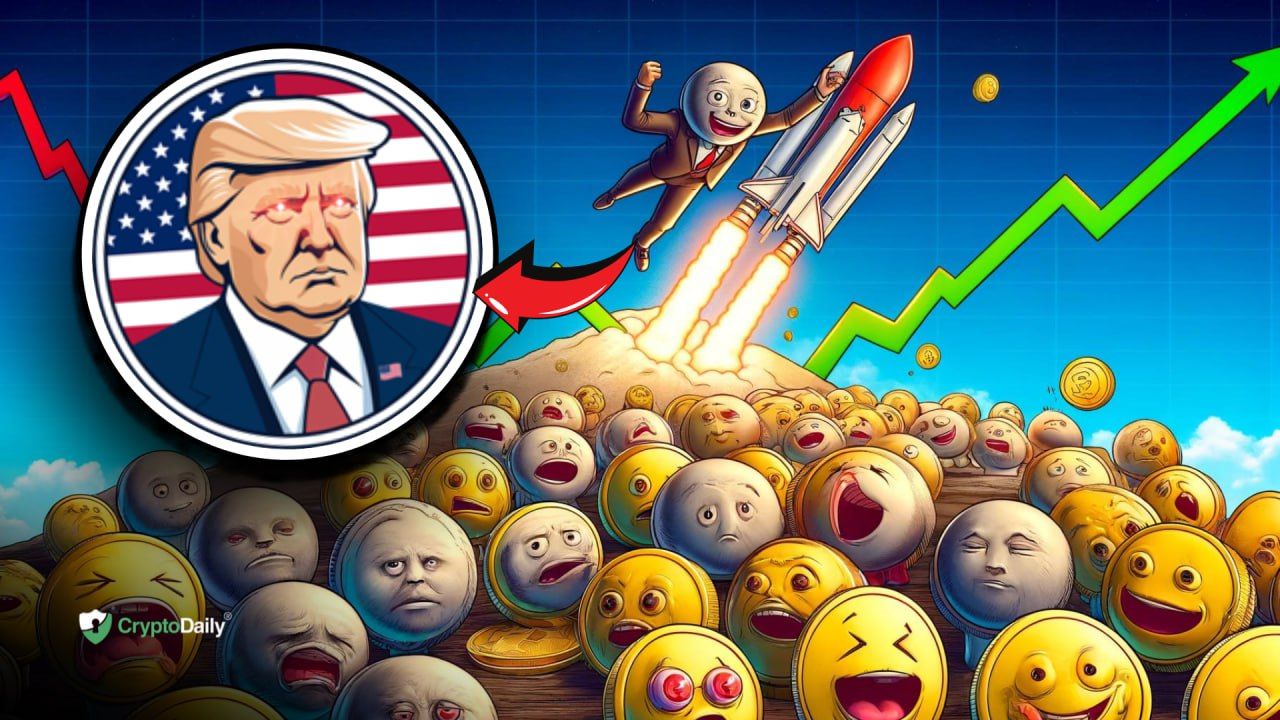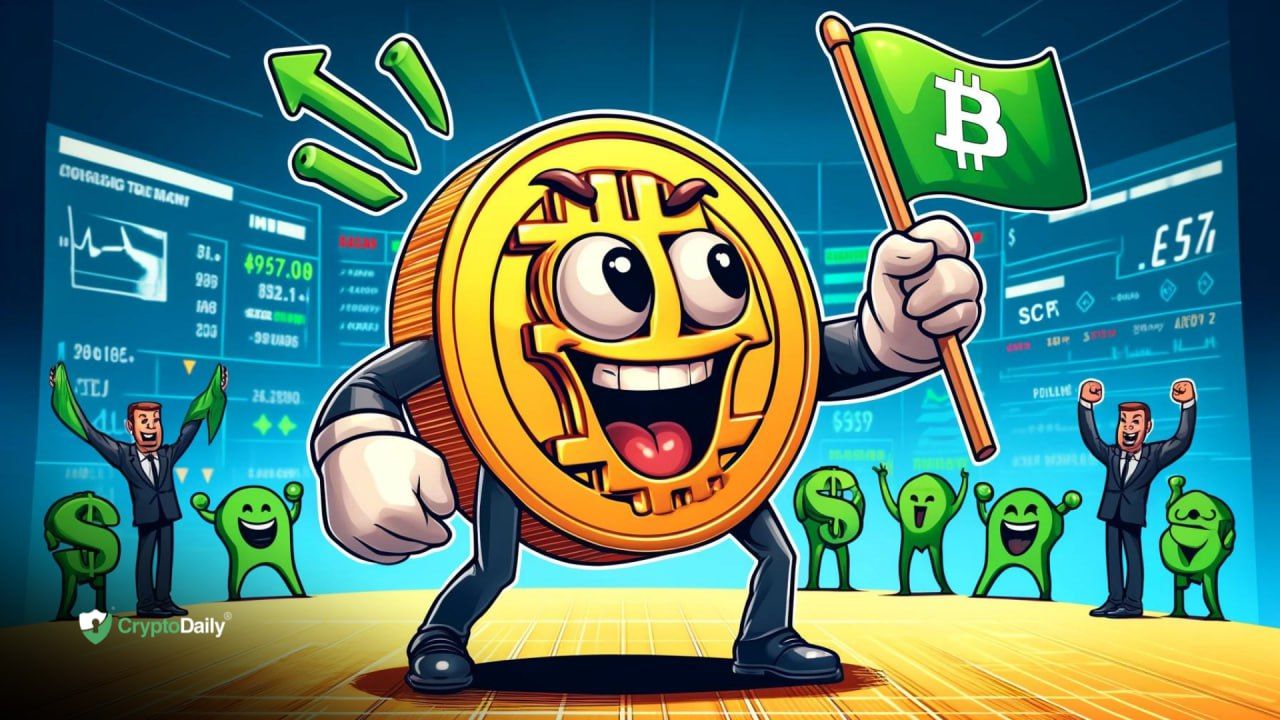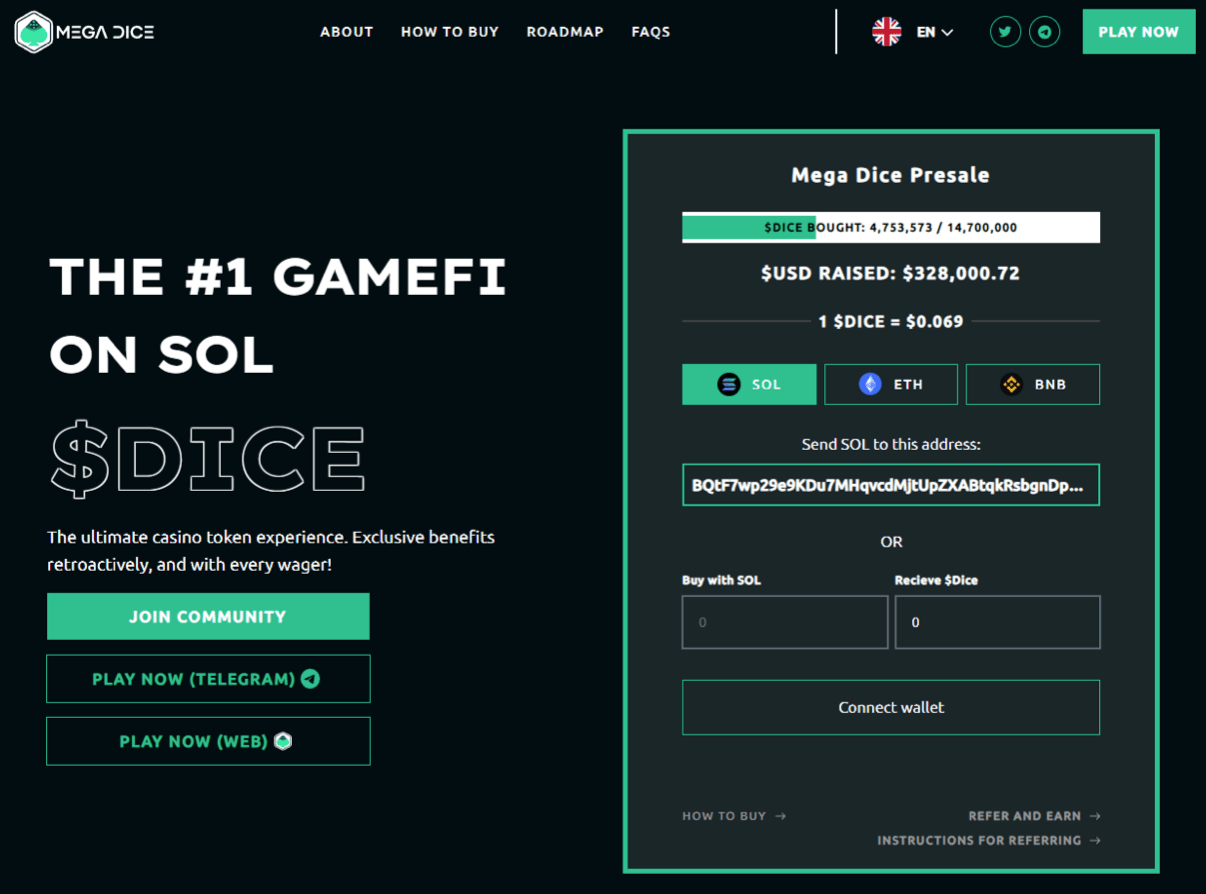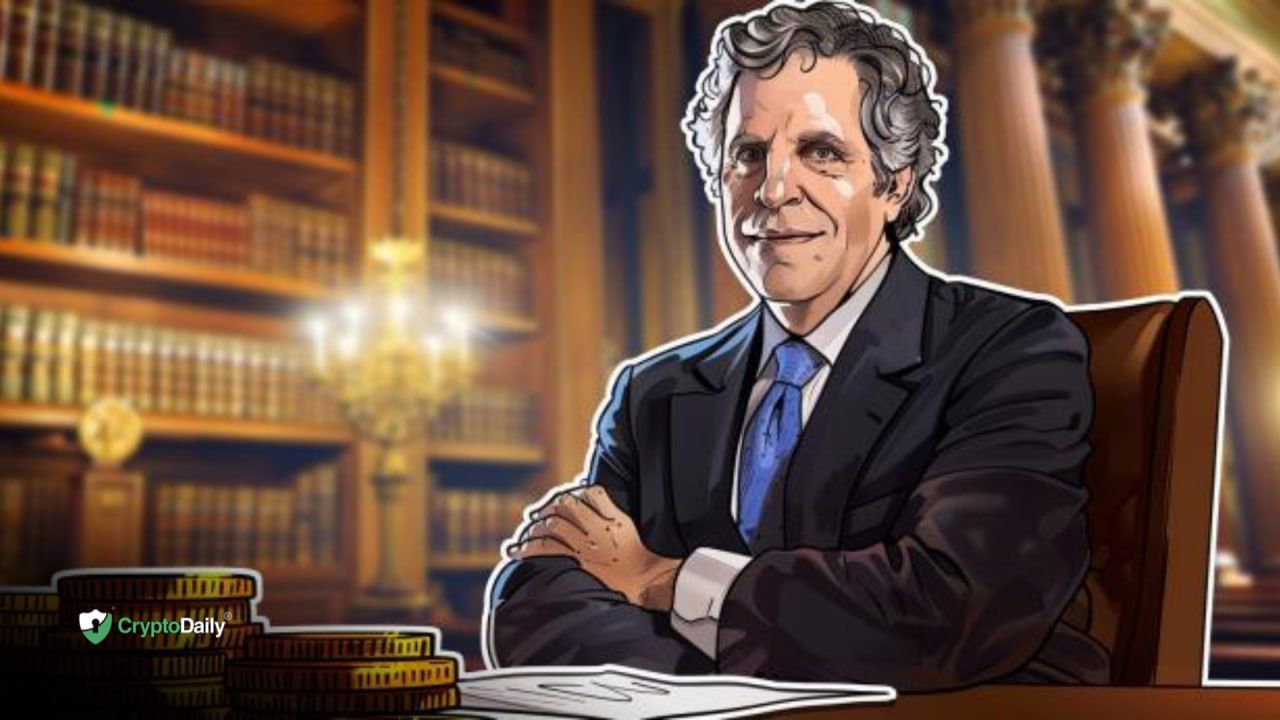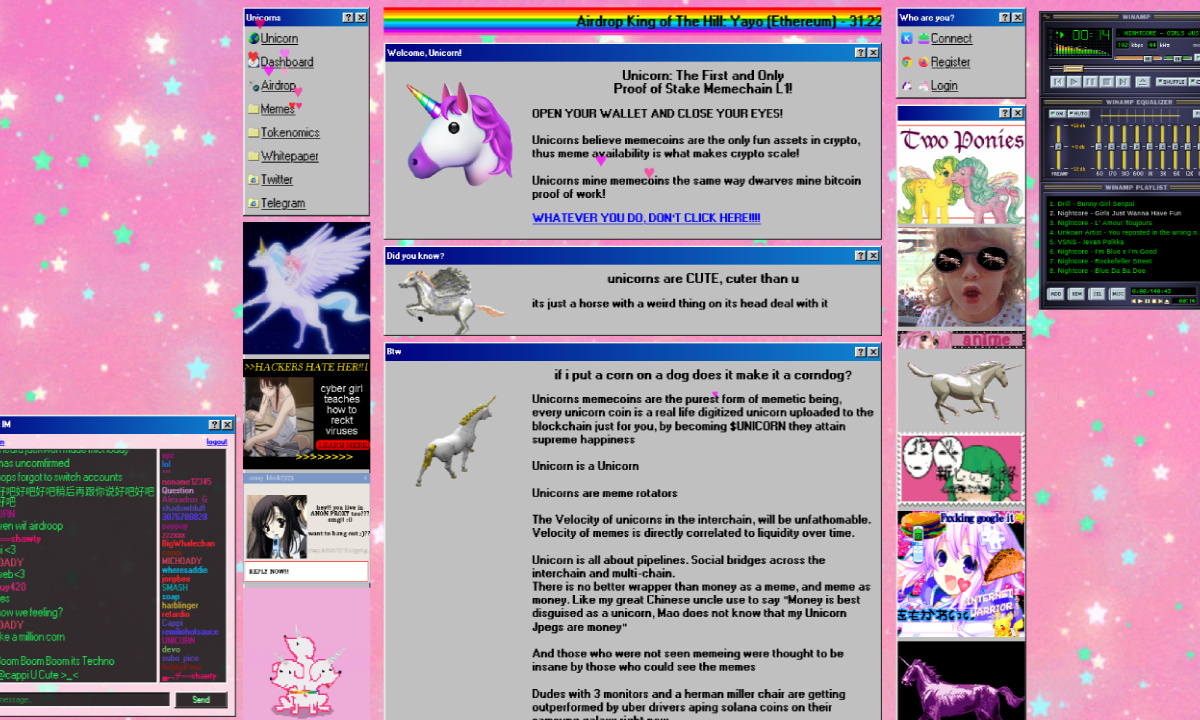Table of Contents
The Binance crypto exchange has mistakenly stored customer funds in the same wallet used to store collateral for its Binance-pegged tokens.
PoR Reveals Funds Mix-Up
According to a report published by Bloomberg on Tuesday, the world’s largest crypto exchange, Binance had mistakenly kept collateral for some of the crypto assets it issues in the same wallet as customer funds.
A Binance spokesperson commented on the matter, saying,
“Collateral assets have previously been moved into this wallet in error and referenced accordingly on the B-Token Proof of Collateral page. Binance is aware of this mistake and is in the process of transferring these assets to dedicated collateral wallets.”
The crypto exchange released a proof-of-reserve on Monday, which revealed that there were 94 Binance-peg tokens, also referred to as B-Tokens, half of which were stored in a cold wallet called Binance 8, are supposed to be backed following a 1:1 ratio. However, upon investigation, it was revealed that the wallet contained more tokens than required for the number of B-Tokens issued, indicating that the collateral was mixed up with customer tokens.
Is Binance’s Reserves Undercollateralized?
There has been increasing scrutiny on crypto exchanges and their reserves ever since the FTX debacle unveiled fund sharing between the exchange and its associated hedge fund, Alameda Research. As a result, other crypto platforms have rushed to show the status of their funds through proof-of-reserve reports. Binance itself had shown that its customer reserves of Bitcoin were overcollateralized through one such report.
The spokesperson clarified further,
"To be clear, Binance holds all of its clients’ assets in segregated accounts, which are identified separately from any accounts used to hold assets belonging to Binance. Binance does not invest or otherwise deploy user assets without consent under the terms of specific products."
However, earlier this month reports emerged of under-collateralization of the BNB Smart Chain-based stablecoin, BUSD, on at least three occasions. The company has since then released information about how it manages the backing of its tokens. However, the recent reports of the mix-up between customer funds and the B-tokens reveal some holes in the management.
Binance In The News
With FTX declaring bankruptcy and the 2022 bear market barely behind us, all eyes are on Binance for even the smallest faux pas. Most recently, Signature Bank, a partner of Binance, has advised that it will no longer support SWIFT transfers of under $100,000 for the exchange’s users. The exchange has also been implicated by United States authorities in its money laundering case against Bitzlato.
However, things are not all looking down for the exchange. The platform has successfully registered itself as a Virtual Asset Service Provider (VASP) in Poland and has recently launched Binance Mirror, an off-exchange settlement solution for its institutional investors.
Disclaimer: This article is provided for informational purposes only. It is not offered or intended to be used as legal, tax, investment, financial, or other advice.
Investment Disclaimer